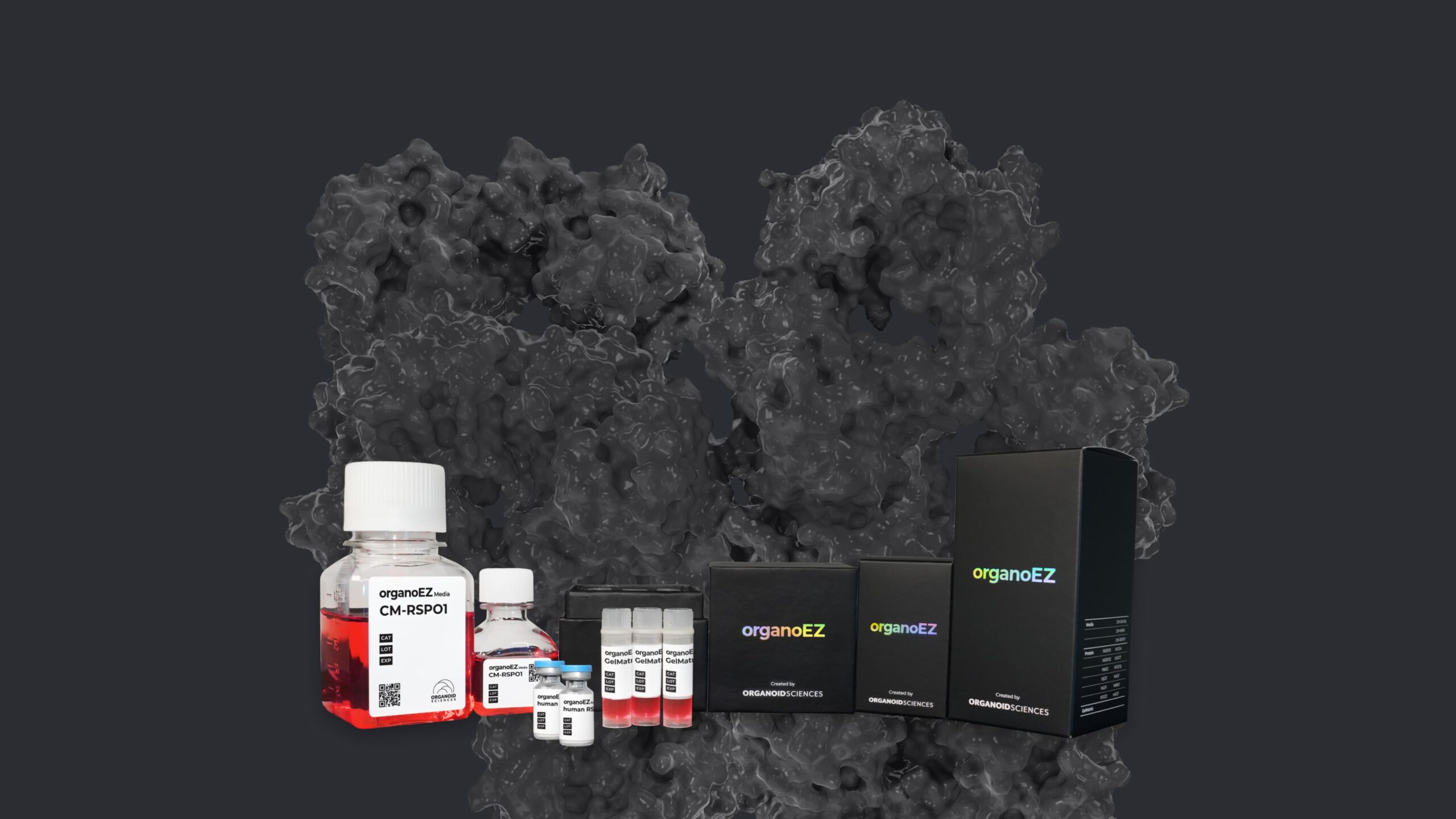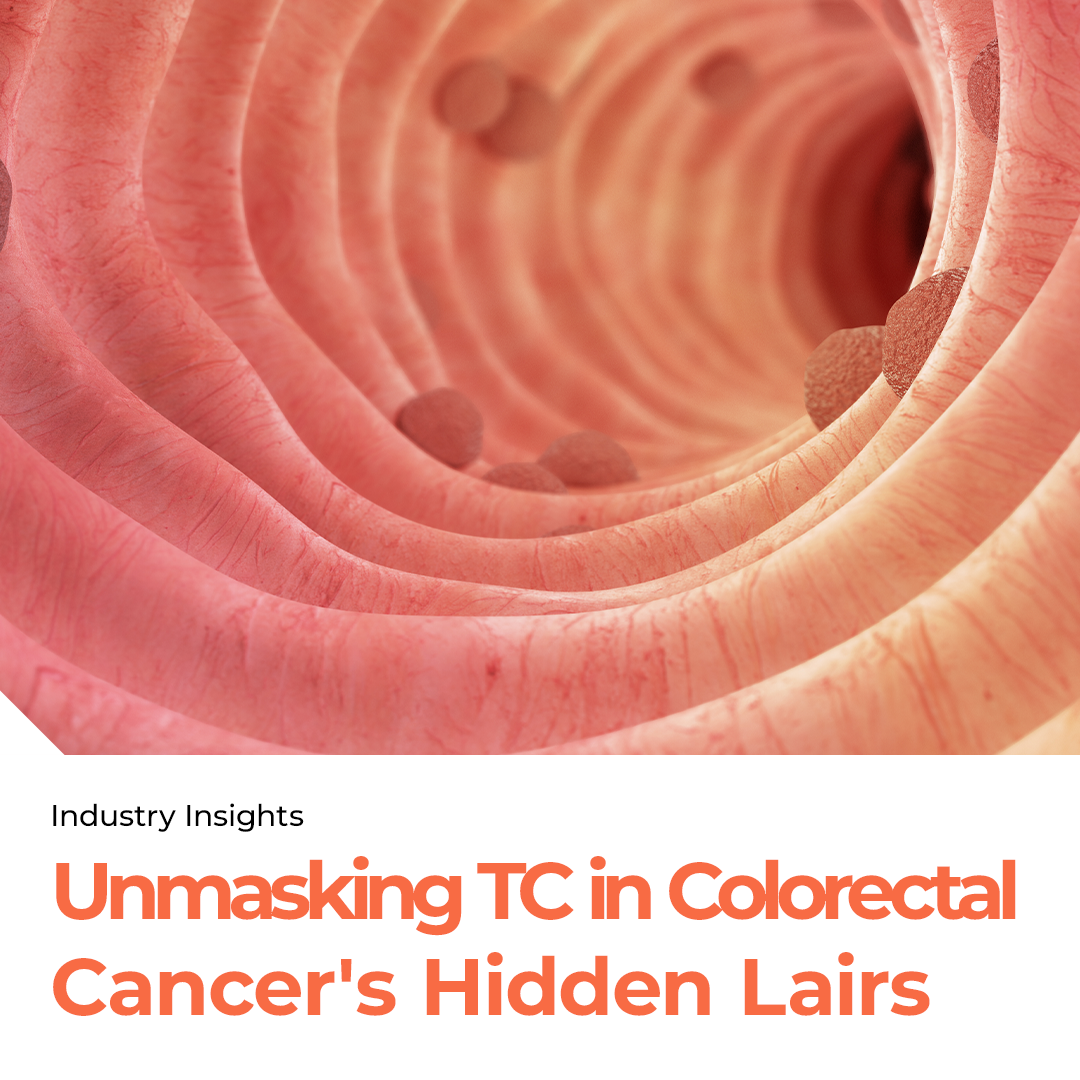Parallel Bio has introduced a groundbreaking initiative called Clinical Trial in a Dish, utilizing human models created from immune organoids on a population scale to test new immunotherapies. This approach has garnered interest from five pharmaceutical partners, including a Fortune 500 company, who are collectively evaluating 20 drug candidates without the need for animal testing.
The immune organoids, scaled with robotics, mirror the biological diversity of human populations more accurately than traditional models. Parallel Bio’s platform has demonstrated success in predicting drug efficacy and safety by closely matching clinical trial outcomes. By testing over 75 drugs, they’ve shown alignment in immune response fidelity and individual drug effectiveness across diverse patient backgrounds.
Juliana Hilliard, co-founder and chief scientific officer of Parallel Bio, highlights that their approach aims to reduce drug development costs by $1 billion and shorten timelines by 6.5 years per candidate. This shift from animal models to human organoids is projected to reverse the high failure rate of drug candidates in human trials, potentially leading to a significant increase in successful treatments reaching patients.
Clinical Trial in a Dish marks the first commercially available application of Parallel Bio’s immune system platform, utilizing 3D organoid models to simulate human immune responses and disease treatments at a scale previously unseen in drug development.
Keywords: organoid, immune cells, drug screening, drug discovery









